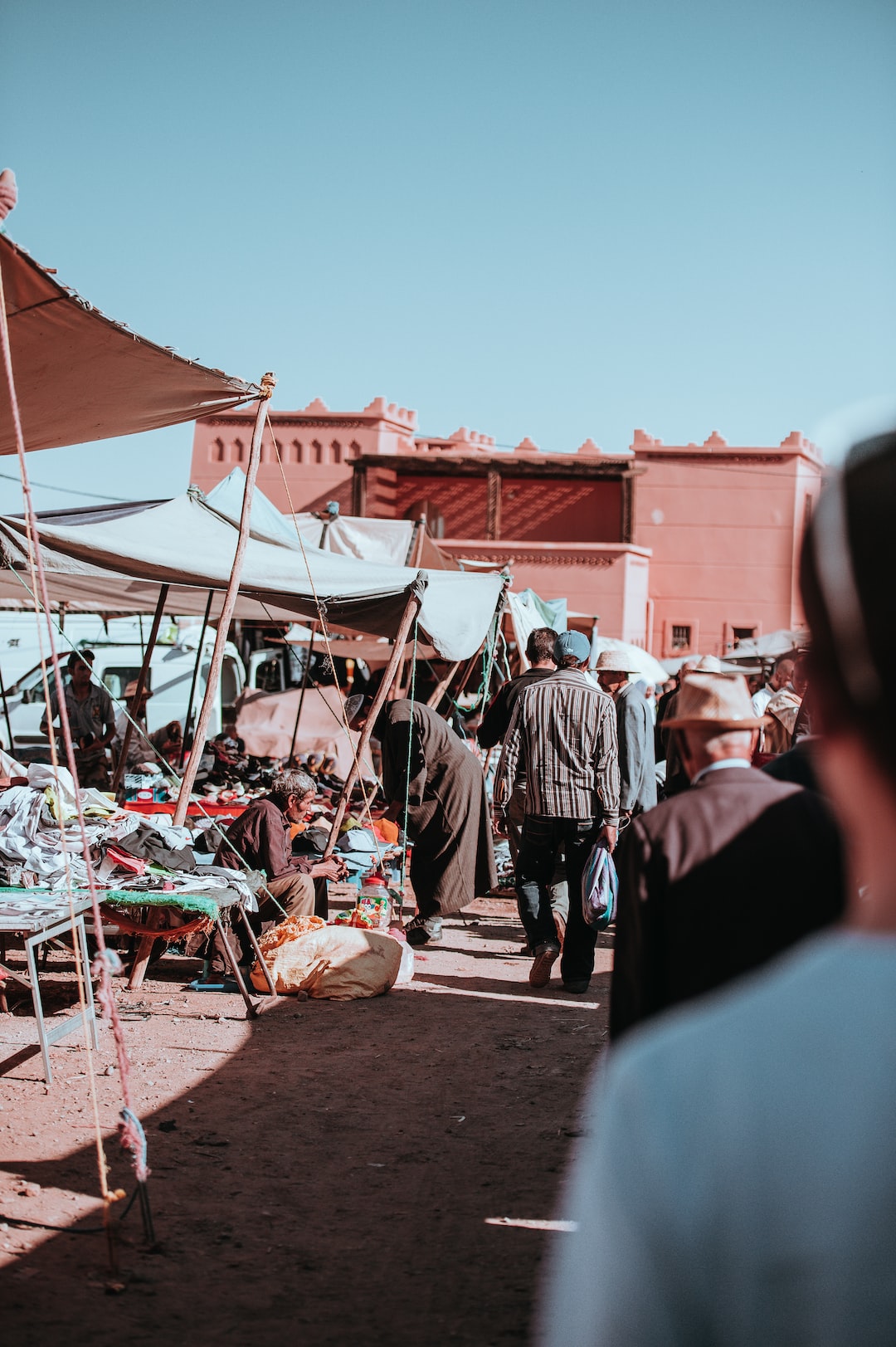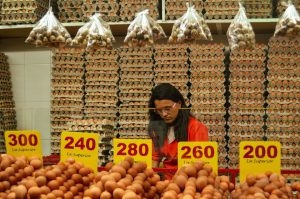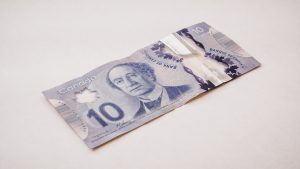Trading in the foreign exchange market, also known as forex or FX, is a 24-hour, 5 days a week activity. The forex market is open from Sunday at 5 pm EST until Friday at 5 pm EST, providing traders with ample opportunities to buy and sell different currencies. However, what happens if you try to trade forex after the market closes? Is it possible to trade, and what are the risks involved? In this article, we will explore the answers to these questions and more.
Firstly, it is important to understand that the forex market operates in different time zones around the world. This means that when the market closes in one time zone, it opens in another, allowing traders to buy and sell currencies around the clock. However, there are certain times when the market is less active, such as during weekends and public holidays when major financial centers around the world are closed.
If you try to trade forex after the market closes, you may encounter several issues. Firstly, you will not be able to enter new trades or modify existing ones since the market is closed. This means that you will have to wait until the market reopens to execute your trades. Moreover, since the forex market is highly volatile, the prices of currencies can fluctuate rapidly, especially during news releases or major events that affect the global economy. If you try to trade during these times, you may experience significant slippage, which is when the price of an asset changes between the time you place an order and the time it is executed.
Another risk of trading forex after the market closes is that you may not be able to monitor your open positions. If you have existing trades that are still active when the market closes, you will not be able to see how they are performing until the market reopens. This can be risky, especially if the market experiences a sudden shift in sentiment or if there is a significant news release that affects the currencies you are trading.
In addition to the risks mentioned above, trading forex after the market closes can also result in higher spreads and lower liquidity. During off-market hours, there are fewer traders in the market, which means that there is less demand for currencies. This can lead to wider spreads, which is the difference between the bid and ask prices of a currency pair. Higher spreads can reduce your profitability, especially if you are a scalper or day trader who relies on small price movements to make profits.
In conclusion, trading forex after the market closes is not recommended due to the risks involved. You will not be able to enter new trades or modify existing ones, which can be problematic if the market experiences sudden changes. Moreover, you may not be able to monitor your open positions, which can result in significant losses if the market moves against you. To avoid these risks, it is best to trade during the market’s active hours, when spreads are lower, and liquidity is higher. By doing so, you can increase your chances of making profitable trades and minimize your exposure to unnecessary risks.






